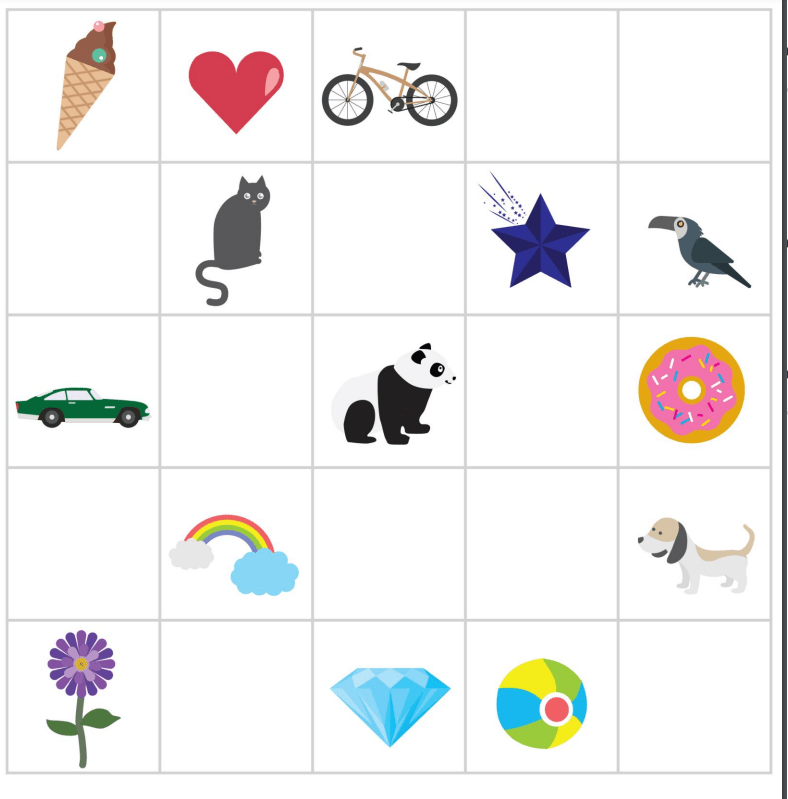When I first began teaching EL, I began in early childhood. My mentor EL teacher Ms. Deas, told me this is how you teach letters and sounds, present the same skill in a variety of presentations to create practice opportunities.
Practice. Repetition. Exposure. It is essential to language learning. But it is more than the numbing blur of flashcards.
A review of the research shows that it can take 6-20 exposures to learn a new word, but the question is in what context is the word being learned. Is it meaningful? Is it necessary? Is there a correlation to the L1?
This reminds me of a kind of potato I ate in Bolivia when I was there when I was 19. It was a staple to the people there, and I was eager to learn Spanish and I must have asked 20 times what was the name and I simply could not remember the name of this little, black, crunchy potato that I was served regularly. (It’s chuño!) My brain seemed to put a block on it, it got to the point where I wouldn’t ask because I was frustrated with myself and deeply embarrassed I could not remember this word. Even my shame couldn’t make me remember. But I remembered the potato!! Maybe I needed one more exposure.

Here comes in coding an algorithm.
Follow me here, non CS, language teachers. This is for us!! Coding is rich with repetition and opportunities to recognize repetitive patterns. When you give a robot directions, You have to be explicit and direct. And… repetitive.
Turn right.
Move forward.
Turn left.
Turn left.
Move forward.
Turn right.
Move forward.
Move forward.
Move forward.
Move forward.
Move forward.
Move forward.
Yes, repetitive. It gets annoying! But with this repetition, comes language learning. Our robot has safely arrived at its destination, and the language learner has had repeated meaningful interactions with how many move forwards?
A lot.
It’s purposeful, not a memorized vocabulary list. If your robot doesn’t arrive at its destination, you review the algorithm and add or subtract a directive. And further, the language learner also feels the drudgery of repetition and deduces how there’s gotta be a better way.
Instead of saying move forward move forward move forward move forward move forward move forward, couldn’t I say move forward x 6? Sounds like the language of math, kiddo. You’re becoming a computational thinker. We’ve moved forward.
Play with this “unplugged” listening and speaking, direction-giving activity by Edison. Look at p. 36-37 and then 77 for the game board. https://meetedison.com/content/EdScratch/EdScratch-student-lesson-activities.pdf

Research
Uchihara, T., Webb, S. & Yanagisawa, A. 2019. The Effects of Repetition on Incidental Vocabulary Learning: A Meta-Analysis of Correlational Studies. Language Learning, 69 (3): 559 – 599) Available online: